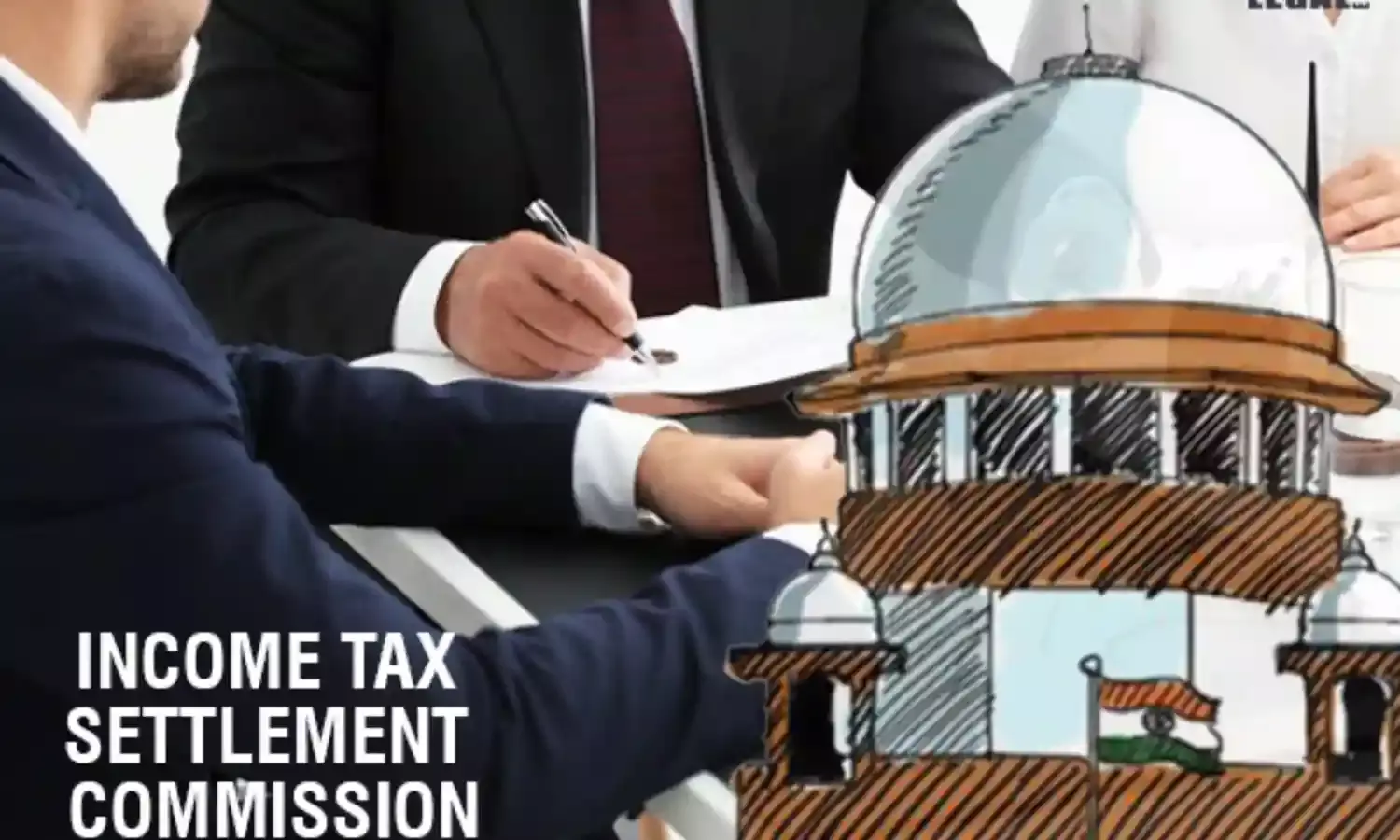Supreme Court: Income Tax Settlement Commission's Purpose is to Enable the Assessee to Show Undisclosed Income
Remands the matter back to allow the appellant to benefit from the settlement;

Supreme Court: Income Tax Settlement Commission's Purpose is to Enable the Assessee to Show Undisclosed Income
Remands the matter back to allow the appellant to benefit from the settlement
While hearing an appeal, the Division Bench of the Supreme Court discussed the objective and purpose behind setting up a Settlement Commission under the Income Tax Act, 1961.
A bench comprising Justice BV Nagarathna and Justice Ujjal Bhuyan stated, “There’s a real object and purpose of setting up the Settlement Commission. The assessee is given an opportunity to disclose the undisclosed income to seek benefit in the form of immunity from penalty and prosecution.”
The assessee/appellant is a partnership firm. A survey was conducted at its project site by the income tax department under Section 133A (Power of Survey), wherein it claimed to have collected incriminating material.
Pursuant to this, the appellant moved the Settlement Commission, which passed an order under Section 245(D) (1) (Procedure on receipt of an application for settlement of cases), allowing the case to proceed further.
However, the IT department objected to the offer of a settlement of Rs. 34 lakh offered as additional income. It contended the material particulars were not fully disclosed.
Thereafter, the appellant’s representative offered Rs. 56 lakh as additional income. While accepting the amount as additional income, the Settlement Commission passed its order. Thereafter, the IT department approached the High Court.
The bench observed that since the Settlement Commission did not pass a proper order, which the High Court set aside, the assessee/appellant filed an appeal.
Appearing for the appellant, senior advocate Ramesh P Bhatt submitted that the additional amount of Rs. 56 lakh was offered for taxation and a settlement was arrived. But by setting aside the Settlement Commission order, the High Court denied the benefit to the assessee.
However, appearing for the respondent, Additional Solicitor General (ASG) Aishwarya Bhati contended that while accepting the additional amount, there was no accurate determination of the undisclosed income.
The Judges noted that initially, only Rs.34 lakh was offered as disclosed income spread over three assessment years. But, after the survey and recovery of incriminating documents, Rs.56 lakh was offered as additional income for taxation. Thus, there was no real determination of the undisclosed income.
The Top Court pointed out that instead of setting aside the order of the Settlement Commission, the matter could have been remanded back to the Commission for re-determination of undisclosed income. This would have allowed the assessee to benefit from the settlement.
It added, “When the High Court set aside the order of the Settlement Commission, the matter had to be remanded to the Settlement Commission for re-consideration and re-determination of the undisclosed income, after giving an opportunity to both sides.”
Thus, it set aside the High Court and the Settlement Commission’s orders, remanding the matter to the Commission, substituted by the Interim Board for Settlement-V (IBS-V), Mumbai or Interim Board for Settlement – VI (IBS-VI), Mumbai.

